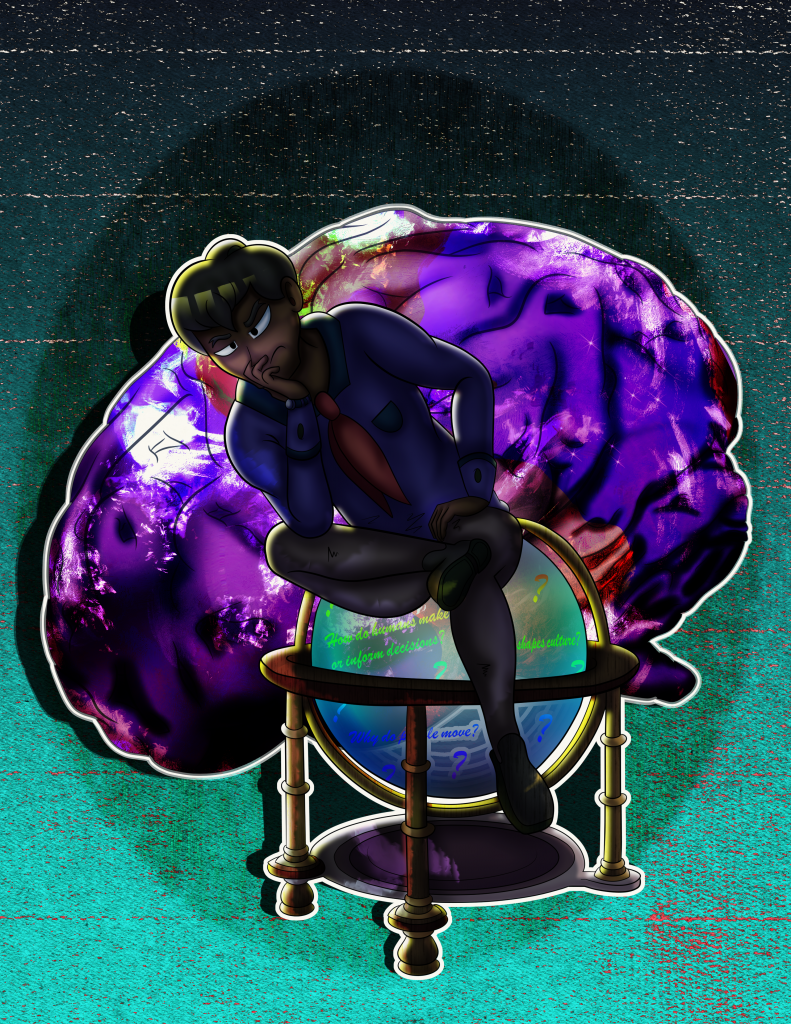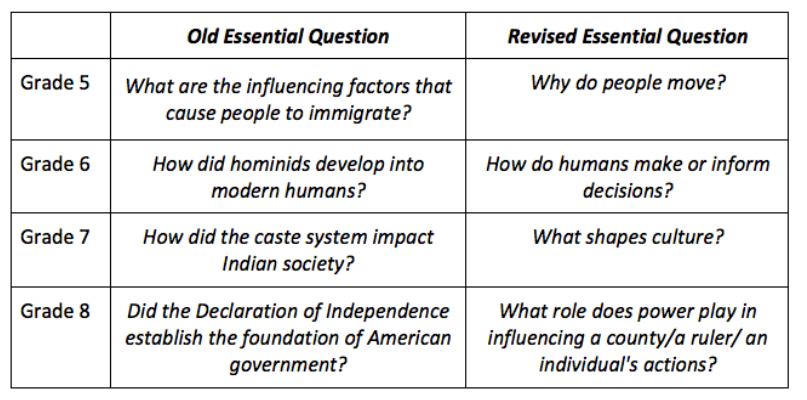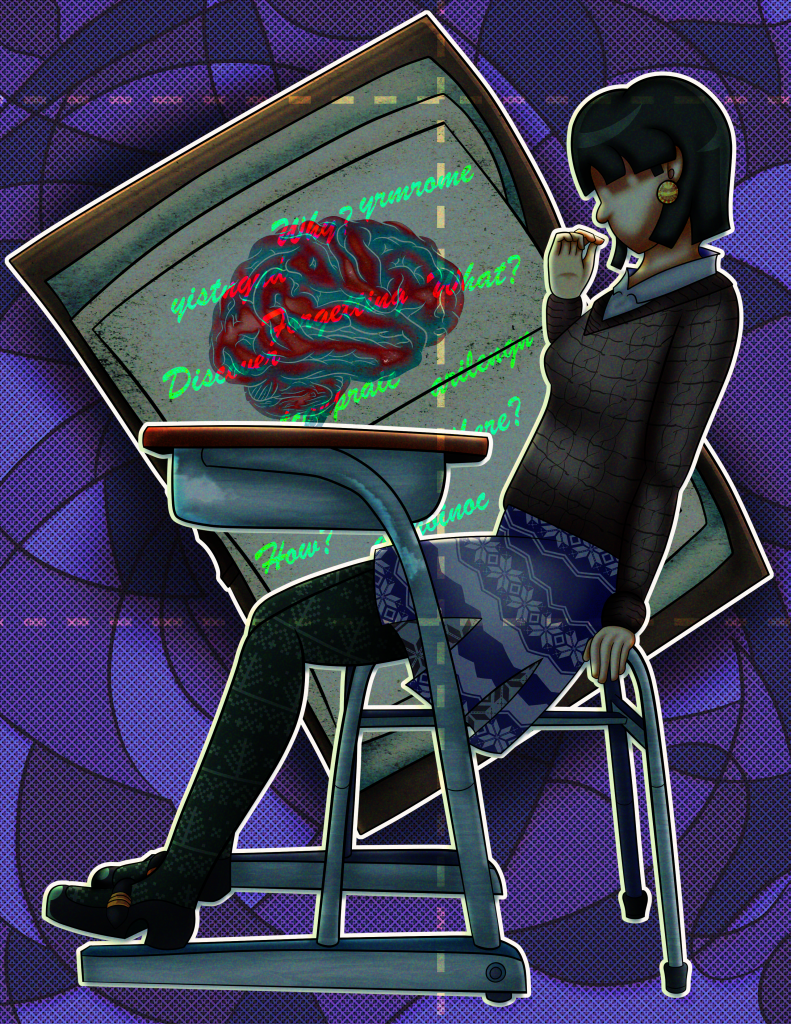It is undisputed within the field of education, and more specifically within the discipline of history, that some level of rote memorization is required to establish understanding. As teachers, we have used memorization in our pedagogical and assessment practices for years. Through lectures, note-taking, and standardized testing, we have honed our abilities to make our students memorize. However, we are left with one important question: does that allow our students to develop their skills of historical understanding?
The Problem with Rote Memorization
According to Richard E. Mayer, an educational psychologist, rote memorization, by its nature, inhibits meaningful learning; when educators employ this teaching practice, students only memorize facts instead of understanding them. When asked to recite this information, the students are able; however, when asked to utilize this information to solve a problem, the students begin to struggle. While knowing the dates and events of World War II is important, that is only the beginning. Students need to understand why these events happen, and how they contribute to cause-effect relationships. Ensuring this knowledge is usable and transferable is how we can progress our pedagogical practices and enable our students to use historical understanding both inside and outside the walls of the classroom. Instead of building a list of facts, we can assist our students in building a skill.
Therefore, as teachers, it is our responsibility to progress our teaching methods to help our students in developing these skills. Meaningful learning happens when a student develops the cognitive processes required for solving problems and critical thinking. For this to happen, students need two things:
- The ability to fully understand and visualize the problem at hand, and
- The ability of the student to both devise and carry out a solution.
If we as teachers fail to connect our students in a significant way to the material, beyond historical facts, then our students will not be able to achieve true, meaningful understanding. So how do we fix it?

The Solution to Memorization-based Learning
With these challenges in mind, we can organize our solutions into two categories that can guide us to better teaching practices: content (what we teach) and process (how we teach). In order to expand our results, we need to tackle this problem in multiple ways; a difficult problem rarely requires a simple resolution.
The first is the content. Most history teachers are familiar with essential questions – they are often outlined in the curriculum, textbooks, and other teaching materials. These questions often strive to consider prior knowledge the student has, although the breadth and depth of prior knowledge required is sometimes unclear. These essential questions are also often specific, identifying particular names, dates, and events. Acknowledging this, there are two ways that we can ensure our content goes beyond memorization:
- Writing better essential questions: using less detailed essential questions can guide our students in more directions.
- Building better connections with previous knowledge: students have a wealth of previous knowledge and accessing more of that can promote more connections.
These suggestions work together to create more meaningful learning. With more broad essential questions, we encourage our students to connect to a larger amount of previous knowledge; and, in connecting to more knowledge, we can investigate more essential questions.

Secondly, utilizing different processes to teach our students can enhance our change in content. Many teaching practices that attempt to deepen historical understanding use the basics of rote memorization as a foundation. While we realize that rehearsal of facts may inhibit learning, similar methods can encourage it:
- Repeated use: while this takes inspiration from rehearsal, repeated use of important skills such as analysis and critical thinking assists in constructing our student’s knowledge.
- Multiple modalities: requiring our students to learn in only one way limits their abilities to experiment with different methods. Each student is unique, and they should be given the opportunity to express their knowledge in ways that are meaningful to them.

The Takeaway
Altogether, prioritizing the learning of our students is at the heart of teaching. New practices and theories are consistently being developed, and it is our duty to continue to develop with them. Moving beyond rote memorization may take practice and time, but it is worthwhile if we can send our students out into the world better equipped for problem-solving and critical thinking.
References:
- McGrath, Katie. “Honing Our Essential Questions to Deepen Learning in History.” MiddleWeb, June 17, 2020. https://www.middleweb.com/41095/honing-our-questions-to-deepen-history-learning/.
- Mayer, Richard E. “Rote versus Meaningful Learning.” Theory Into Practice 41, no. 4 (2002): 226–32. https://doi.org/10.1207/s15430421tip4104_4.
- Orlin, Ben. “When Memorization Gets in the Way of Learning.” The Atlantic. Atlantic Media Company, June 12, 2018. https://www.theatlantic.com/education/archive/2013/09/when-memorization-gets-in-the-way-of-learning/279425/.
- “Rote Learning vs. Meaningful Learning.” Oxford Learning, March 23, 2017. https://www.oxfordlearning.com/difference-rote-learning-meaningful-learning/.
















